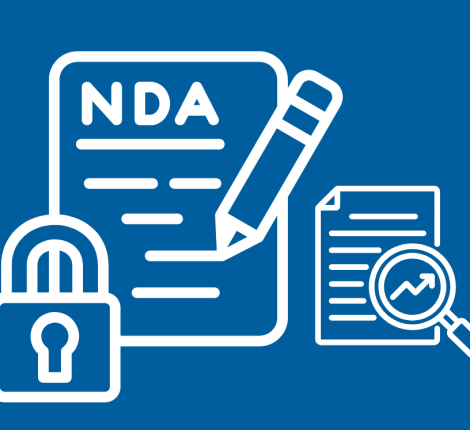Corporate Law Newsletter: Portfolio Managers – February 2023
Introduction
The Securities and Exchange Board of India (“SEBI”) vide circular dated August 26, 2022 (the “Circular”) notified amendments to the SEBI (Portfolio Managers) Regulations, 2020 (the “PMS Regulations”) in relation to investments by portfolio managers in the securities of their associates and related parties.
By virtue of the Circular, SEBI has introduced: (a) prudential limits on investments in associates and related parties of portfolio managers; (b) the requirement of obtaining the prior consent of clients for such investments; and (c) restrictions based on the credit rating of securities. The Circular provides for the definition of the terms “related parties” and “associates”.
The term “related parties” has the same meaning as ascribed to it in the Companies Act, of 2013. Associate has been defined to mean a body corporate:
- in which a director or partner of the portfolio manager holds, either individually or collectively, more than twenty percent of its paid-up equity share capital or partnership interest, as the case may be; or
- which holds, either individually or collectively, more than twenty percent of the paid-up equity share capital or partnership interest, as the case may be of the portfolio manager.
Prudential limits on investments by portfolio managers are as follows:
Cap on Investment in the securities of associates or related parties of Portfolio Managers:
To avoid conflict of interest between the portfolio managers and client/ investor with respect to the limit on investment, SEBI has introduced limits on the investment done by the portfolio managers. Portfolio Managers can now invest up to a maximum of 30 percent of their client’s portfolio (as a percentage of the client’s assets under management) in the securities of their own associates / related parties.
The limit is applicable only to direct investments by portfolio managers in equity and debt/hybrid securities of their own associates/related parties and not to any investments in the Mutual Funds.
Hybrid securities include units of Real Estate Investment Trusts (REITs), units of Infrastructure Investment Trusts (InvITs), convertible debt securities, and other securities of like nature.
SEBI has further laid a specified limit for investment in equity, debt, and hybrid securities for investment in single or multiple associates / related parties at the cap of 15 % (fifteen percent) and 25% (twenty-five percent) each.
Minimum credit rating of securities for investments by Portfolio Managers
- Portfolio Managers are not allowed to invest clients’ funds in unrated securities of their related parties or their associates.
- Portfolio Managers offering discretionary portfolio management services are not required to make any investment in investment-grade securities.
- Portfolio managers are not allowed to make any investment in investment-grade debt securities. However, in the case of non-discretionary or advisory services by portfolio managers, the portfolio managers may invest or provide advice up to 10% of the assets under management of such clients in unrated debt securities while ensuring that the same is within the 25% limit specified for investment in unlisted securities under Regulation 24(4) of the PMS Regulations.
Prior Consent of the client for investments in the securities of its own associates/related parties
- The portfolio managers cannot make an investment in the securities of their related parties or associates without prior client consent.
- Portfolio Managers shall obtain a one-time prior positive consent of the client in the prescribed form. The client has the option to indicate dissent or specify a limit on such investments.
- In the event of a passive breach of the specified investment limits, (i.e., the occurrence of instances not arising out of omission and/or commission of the portfolio manager), a rebalancing of the portfolio shall be completed by portfolio managers within a period of 90 days from the date of the breach. The client may give prior positive consent for a waiver from the portfolio rebalancing for the rectification of passive breaches.
- Portfolio Managers shall maintain records and documents pertaining to (a) prior positive consent or dissent, (b) instances of the passive breach of investment limits, (c) steps taken to rectify a passive breach of investment limits and (d) waiver regarding portfolio rebalancing for rectification of passive breach.
Disclosure Requirement
The format for the periodical report to be furnished on a quarterly basis is already in place, however, by the amendment to the PMS Regulations, SEBI has included the following details/disclosures to be included in the periodical report:
- Details of investment of client’s funds in the securities of associates/related parties of the Portfolio Manager.
- Details of instances of passive breach of investment limits, if any, and steps taken to rectify the same.
- Details of credit ratings of investments in debt and hybrid securities.
- Further, SEBI has mandated the portfolio managers to disclose the diversification policy in the disclosure document.
SEBI has taken steps to disallow unfettered power to portfolio managers by capping investment in related parties and associates of portfolio managers. The decision-making for such investments now rests with the clients, who can determine their portfolio exposure for such investments, thereby, eliminating room for bias. Furthermore, additional disclosures would enable investors to make informed decisions regarding their investments.





